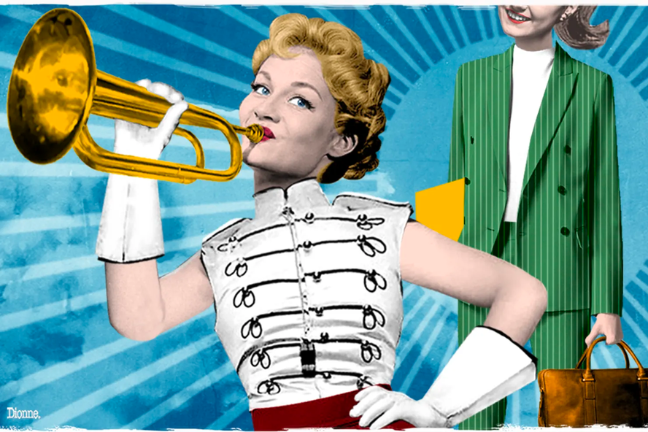
Complete the Head & Heart Leader Scale™ and receive a free, personalised report here.
Complete the Head & Heart Leader Scale™ and receive a free, personalised report here.

21 June 2023
When a position becomes available at your workplace and a friend decides to apply, what’s the best way to recommend them to your employer (assuming you’re happy to)? Is it better to let the natural selection process play out or should I put in a good word early?
You should declare your conflict of interest early – let the person doing the recruiting know one of your friends has applied. They need to know in case they inadvertently ask you something about the process or ask your opinion about the candidates; they need to be aware any opinion you offer is clouded by the fact at least one person in the process is your friend. If they ask you whether you think the person is suited to the job, you can then answer freely knowing they understand your pre-existing relationship. Let the person recruiting know you think your friend will be a great addition to the company, but only after making your relationship clear.
Best practice is to let the process play our naturally and allow the person doing the recruiting to decide whether to hire your friend, or not. They may not be the right person for the role for a range of reasons but because you are friends, you may find that harder to assess. You probably also need to let your friend know you will not be involved in the recruitment process, so they also understand the decision is out of your hands.
Two years ago, when I was helping a colleague with a task, which she was responsible for, she went to help someone else and never came back. At the time, I emailed her and got an apology. Other colleagues have since explained that she had a lot going on in her personal life. While people do go through things, my stance is that if it impacts your ability at work, then you ought to take leave. I’m not sure of a way forward?
Two years is a long time to hold on to this particular incident. It seems like your colleague asked you to help her with something, she went and helped someone else and forgot to come back to you. It sounds like she did apologise and that she may have also had some personal challenges in her life she was dealing with. In the circumstances, I think it will be beneficial for you to leave this incident in the past if you can.
It may also help to find a way to empathise with what she may have been experiencing. Most people have personal challenges they deal with and while extreme cases may require time off work, more often than not we all just have to deal with life – things like relationship breakdowns, childcare emergencies, caring for ageing parents, and health issues. I think we all have to find the compassion to understand others, and it is in those times when the most support and understanding is needed.
I recently found out my colleagues are receiving 17 per cent super, while I’m only receiving 10 per cent. When I enquired, I was sent a document I signed when being hired that gave me two options: change to my employer’s super fund and receive 17 per cent super or agree to ‘maintain my existing superannuation arrangements’. I chose the latter, thinking I would stay with my fund, but still receive 17 per cent – it wasn’t clearly explained. Do I have grounds to appeal and receive backpay?
This is quite a specialised question, so I asked employment lawyer Fay Calderone for advice. Unfortunately, it seems you are unlikely to have a claim for underpayment unless you can point to an industrial agreement that provides for 17 per cent superannuation, or some other legal reason. Your employer did not promise to pay you superannuation at 17 per cent (because you didn’t join the employer’s fund) so you do not have a claim to the difference.
Two things you should do – first, check you are receiving 10.5 per cent superannuation (not 10 per cent) since that is the minimum contribution under the Superannuation Guarantee. Second, speak to HR and ask if you swapped to your employers nominated fund now, whether a top-up amount might be paid as if you had made the choice earlier.
Send your questions about work, careers and leadership to contact@kirstinferguson.com. Your name and any identifying information will not be used. Letters may be edited.





